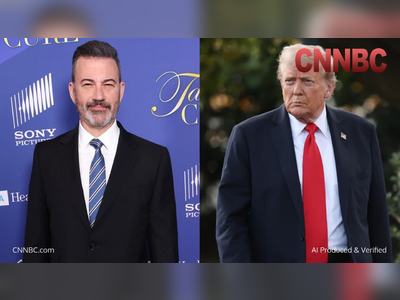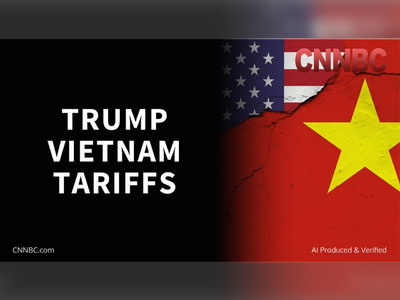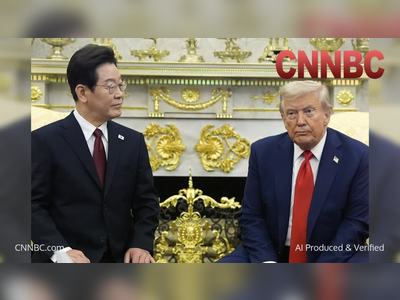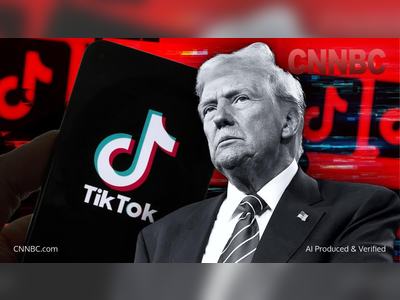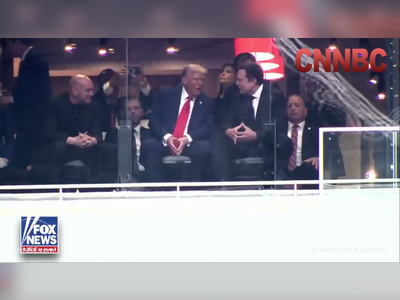U.S. Signals ‘Large and Forceful’ Support for Argentina Amid Market Turmoil
Treasury Secretary Scott Bessent says Washington may use swap lines, currency purchases, and debt tools to stabilize Argentina following economic distress
The United States has made clear it is prepared to take “large and forceful” action to support Argentina’s fragile financial situation, Treasury Secretary Scott Bessent said, as he readies for a meeting between President Donald Trump and President Javier Milei at the UN General Assembly.
The options on the table include swap lines, direct purchases of Argentina’s currency, and buying U.S.-dollar-denominated Argentine government debt through the Exchange Stabilization Fund.
Argentina’s economy has been under severe strain following a recent loss in local elections, large capital outflows, and a drop in confidence among bondholders.
The peso has slipped, and the central bank has intervened by selling hundreds of millions of dollars to support the currency.
Markets reacted positively to Bessent’s remarks: Argentine stocks traded in the U.S. jumped, bonds rose, and the peso appreciated against the dollar.
Optimism stems from hopes that any U.S. intervention would be without new political or policy conditions beyond those already required under Argentina’s loan deal with the International Monetary Fund.
President Milei is counting on external support to bolster his economic reforms aimed at restoring fiscal discipline and attracting investment.
The forecasted measures are meant to stabilize Argentina’s monetary system and reassure foreign investors.
As discussions proceed, key points include how much capital Washington is willing to commit, how long support may last, and whether any unstated expectations will follow.
The next critical moment will be the Trump-Milei meeting in New York, expected to define the scope and intensity of U.S. involvement.
The options on the table include swap lines, direct purchases of Argentina’s currency, and buying U.S.-dollar-denominated Argentine government debt through the Exchange Stabilization Fund.
Argentina’s economy has been under severe strain following a recent loss in local elections, large capital outflows, and a drop in confidence among bondholders.
The peso has slipped, and the central bank has intervened by selling hundreds of millions of dollars to support the currency.
Markets reacted positively to Bessent’s remarks: Argentine stocks traded in the U.S. jumped, bonds rose, and the peso appreciated against the dollar.
Optimism stems from hopes that any U.S. intervention would be without new political or policy conditions beyond those already required under Argentina’s loan deal with the International Monetary Fund.
President Milei is counting on external support to bolster his economic reforms aimed at restoring fiscal discipline and attracting investment.
The forecasted measures are meant to stabilize Argentina’s monetary system and reassure foreign investors.
As discussions proceed, key points include how much capital Washington is willing to commit, how long support may last, and whether any unstated expectations will follow.
The next critical moment will be the Trump-Milei meeting in New York, expected to define the scope and intensity of U.S. involvement.

